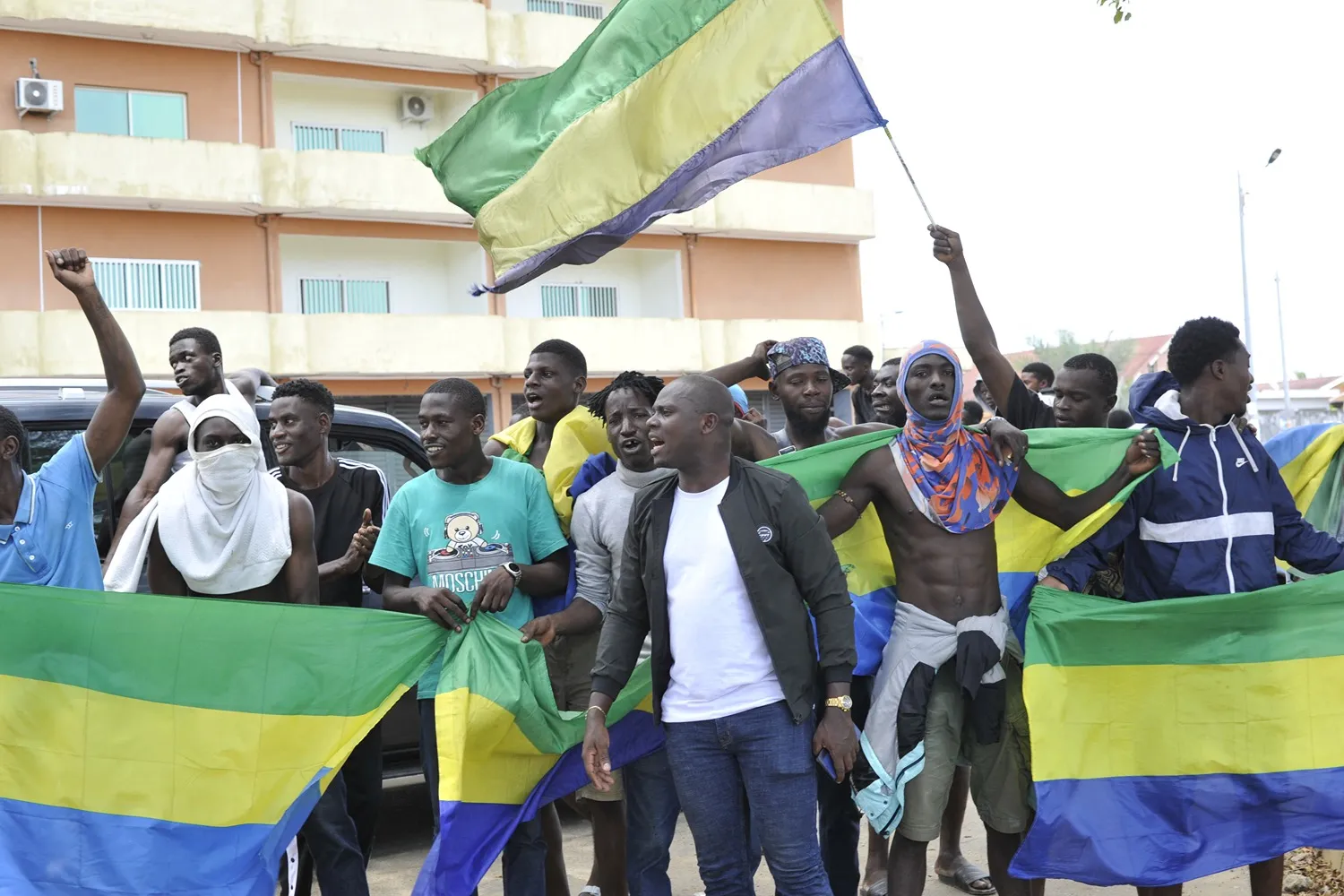On Saturday, Gabon reopened the country’s border, three days after shutting it during a military coup in which President Ali Bongo was ousted, an army spokesman said.
General Brice Oligui Nguema-led military officers took control on Wednesday, put President Bongo under house arrest, and seated Nguema as head of state, ending the Bongo family’s 56-year grip on control.
The coup, the eighth in West and Central Africa in three years, has boosted worries about a contagion of military seizures across the region that have erased democratic progress made in the last two decades.
Coup heads have come under global pressure to reform civilian government but said last night that they would not rush to carry out elections.
On national television, the army spokesman said that the land, sea, and air borders were opened because the junta was “concerned with maintaining respect for the rule of law, good links with our neighbors and all states of the world” and wanted to hold its “international commitments.”
Elected in 2009 Bongo took control from his late father Omar who came to control in 1967. Rivals say the family did little to share the oil of Gabon and mining wealth.
The seizure in Gabon follows coups in Guinea, Chad, and Niger, plus two each in Mali and Burkina Faso since 2020, concerning global authorities with strategic interests at stake.




